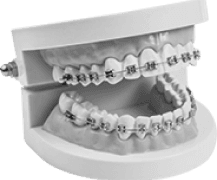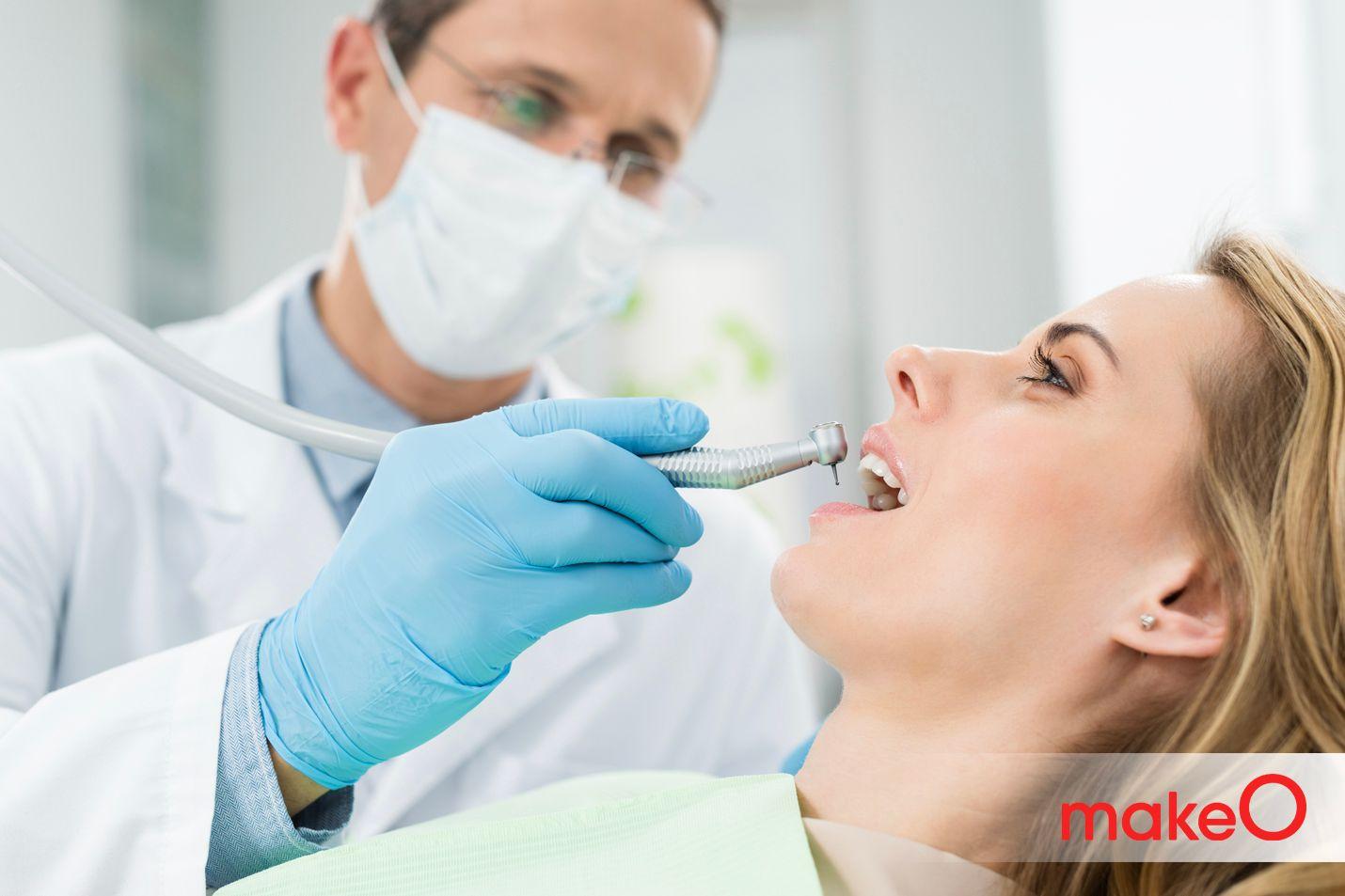MakeO blog
If you loathe going to the dentist and even the thought of going through a dental procedure gives you a chill, then you probably suffer from dental anxiety. Dental anxiety is more common than you would think and with some handy tips and tricks, it is easy to manage and control.
Dental anxiety is the fear, anxiety and stress that is associated with having to see a dentist. People who suffer from dental anxiety often postpone or avoid seeing a dentist even when they are suffering from severe toothache or other dental woes.
Want to know more about dental anxiety? Read along as we break down this universal phenomenon and tell you everything worth knowing about it.
Signs of dental anxiety
There are certain telltales that indicate you might be suffering from dental anxiety. Here are some common signs and symptoms associated with dental anxiety.
- Sweating
- Racing heartbeat
- Falling physically sick before your dentist appointment
- Trouble sleeping a day before your appointment
How does dental anxiety affect your oral health?
You might think that dental anxiety or dental phobia are not something major but it becomes a big concern when you don’t go to your dentist or orthodontist in spite of feeling immense pain. If you keep ignoring toothache, cavities and other dental woes then they might turn into something more severe like receding gums, root decay or tooth abscess.
Dental anxiety stops you from going for a routine dental check-up which is a must to ensure that your teeth and gums are in good health.
Dental anxiety causes
Dental anxiety can be caused by several factors. Here are some common dental anxiety causes that you must know.
- General depression or anxiety
- A past traumatic dental experience
- Trauma to your neck or head
- Trust issue
- Fear of giving up control
- Fear of needles
- Fear of pain
- Fear of the side effects of anaesthesia
- Loss of personal space
Dental anxiety treatment options
Wondering how you can manage and reduce dental anxiety and stress? Here are some simple yet effective coping techniques and tricks that will help you manage your stress and anxiety before and during your dental procedures.
- Deep breathing and meditation
Making sure you are relaxed before and during the dental procedure is a great way to manage your dental anxiety. Listen to a guided meditation before your appointment or even during the dental procedure to ease your worry and stress.
- Distraction
You can discuss distraction tools with your dentist and listen to music or podcasts while your dentist carries on with the dental procedure.
- Anxiety relieving medication
Oral anxiety- relieving medication comes handy if you suffer from general anxiety. Make sure that you discuss it with your dentist before you pop an anxiety relief pill one hour before your appointment.
- Levelling up your dental care game
The best way to manage and cope with dental anxiety is to step up your oral care so that you don’t have to go through dental problems. Bring home smart electric toothbrush which is a new-age smart electric toothbrush that comes with 5 unique brushing modes and makes brushing exciting and effortless. You can also consider investing in floss x smart water flosser by makeO which is a water flosser that ensures that there are no food particles stuck in between your teeth.
The Takeaway
Now, straighten your teeth from your home by choosing makeO toothsi’s at-home teeth straightening treatment. Our professionals will come to your doorstep and take a 3D scan of your jaw to kickstart your clear aligners treatment.
Want bright and shiny teeth but don’t want to spend a fortune in teeth whitening procedures? Just order makeO toothsi spark, which is a teeth whitening kit that consists of a teeth whitening pen, teeth whitening device, tray, shade card and a user manual and gives you clinic-standard teeth whitening results at home.
FAQs:
What to keep in mind if you take anxiety medications for your dental anxiety?
We suggest that you let someone drive you to the dentist and back to ensure that you don’t drive under the influence of a sedative medication.
How often should you go for a routine dental checkup?
You must go for a routine dental checkup at least twice or once a year to ensure that you don’t have any major teeth problems that need immediate attention.
Is it normal to cry at the dentist’s?
Crying and feeling extreme uneasiness are signs that you suffer from dental fear and anxiety.
What does dental anxiety look like?
Dental anxiety is often accompanied by an elevated pulse rate, excessive sweating, a nervous stomach, and extreme uneasiness and discomfort.
related categories
Related articles
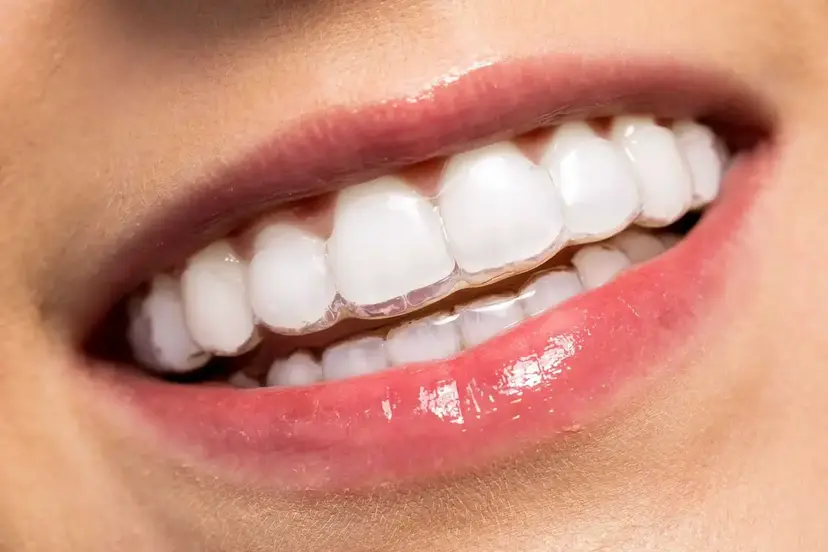
Types of Braces: Removable vs Fixed Braces, Which is Right For You?
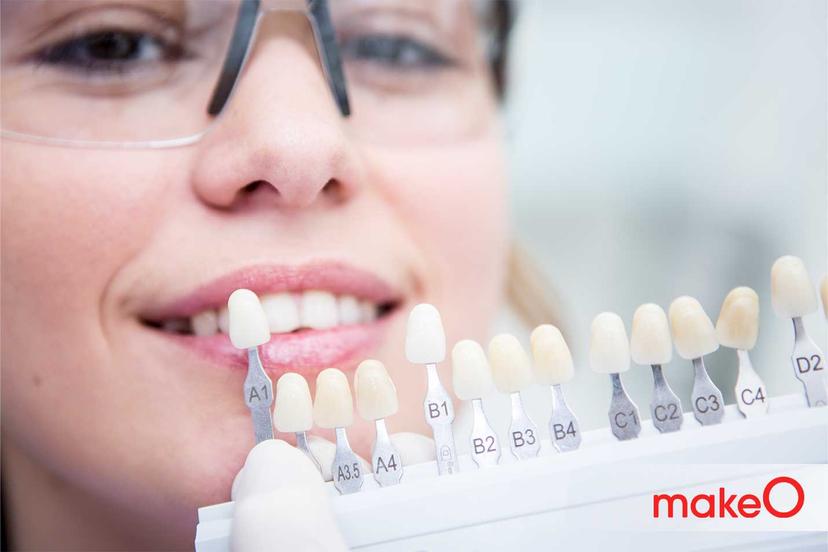
This Diwali, Smile Bright With makeO Teeth Whitening Kit
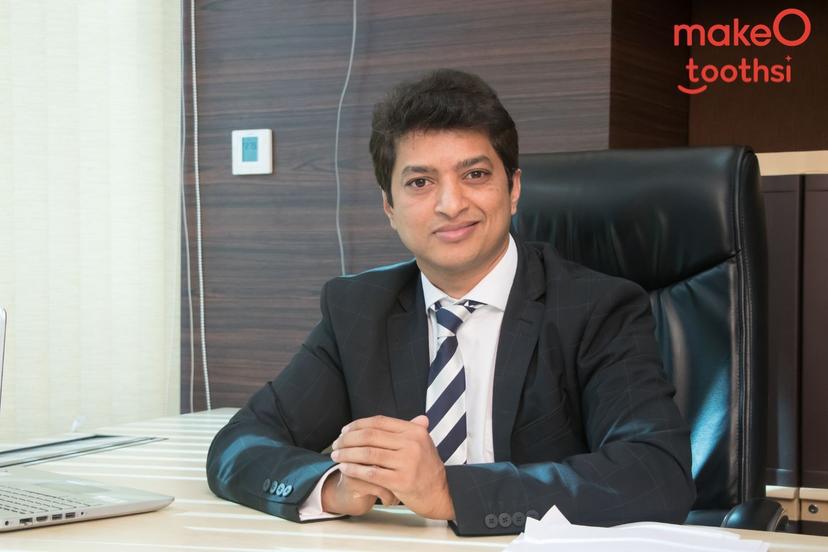
Dr. Pravin Shetty: Pioneer in Lingual Orthodontics & Innovative Smile Solutions
How do I Know I’m the Right Candidate for makeO toothsi Teeth Aligners?
